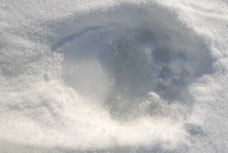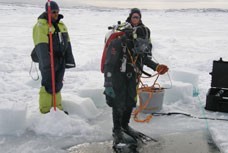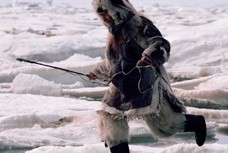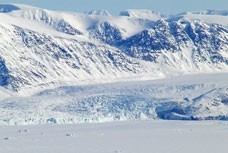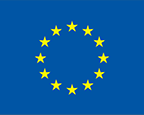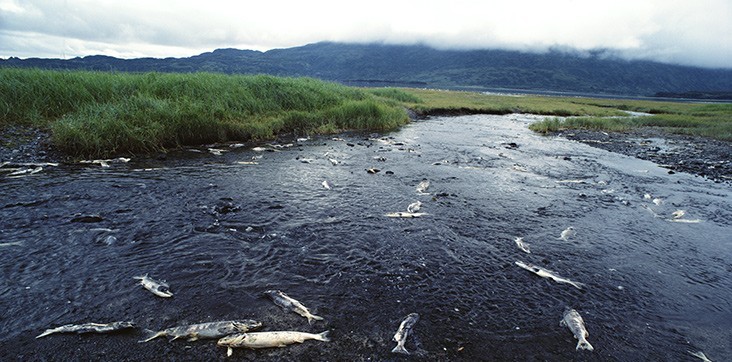
Climate change
Climate change has the potential to remobilize POPs from snow and soil.
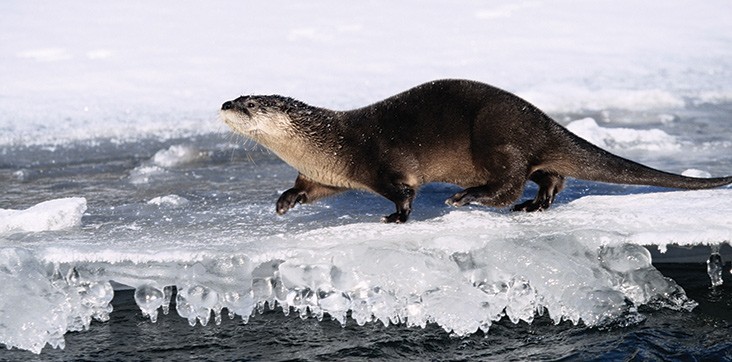
Fusce pellentes risus in enim porta aliqua
Lorem ipsum Lorem ipsum dolor sit amet, consectetur adipiscing elit.
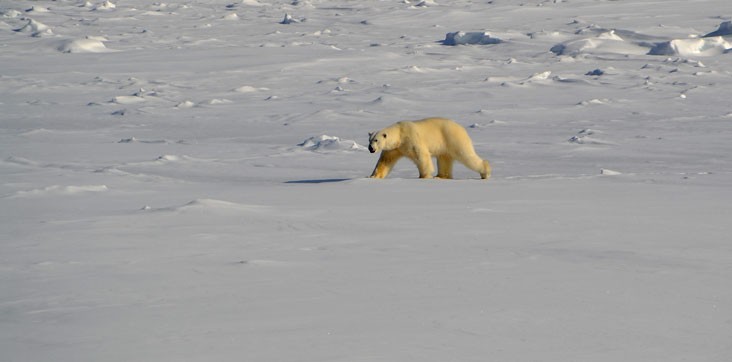
ArcRisk
The Arctic is particularly sensitive to climate change and already exhibits clear impacts.
About us
Arctic Health Risks: Impacts on health in the Arctic and Europe owing to climate-induced changes in contaminant cycling. This website provides a summary of the results from research project ArcRisk (2009-2013).
The ArcRisk project has investigated the linkages between environmental contaminants, climate change and human health and is aimed to support the European policy development within these fields. The project is further described on the project website http://www.arcrisk.eu. The content on this website is based on both existing information and new results from the project.
All of us are exposed via the diet to environmental contaminants, such as persistent organic pollutants (POPs) and mercury. In some cases, exposure to these chemicals is high enough to raise concerns about possible effects on human health. Studies in the Arctic have identified populations that have very high dietary exposure to environmental contaminants, mainly as a result of their traditional diets where fish and marine mammals are the main food sources.
POPs are globally distributed via long-range transport in air and ocean currents. They are transported from both primary and secondary sources, e.g. urban areas, and may accumulate in the remote Arctic.
The Arctic has a vulnerable ecosystem, which is particularly sensitive to climate change and already exhibits clear impacts, such as increased snow and glacier melting. Climate change has the potential to remobilize POPs from snow and soil and alter the pathways by which these chemicals cycle through the environment and food webs.
Development of policies to reduce levels of environmental contamination and protect human health, require a -scientific basis, and climate changes need to be taken into account. The ArcRisk project provides a rich source of information that can be used to make comparisons with situations in other parts of Europe, now and under future scenarios of climate change.
The research within the ArcRisk project aimed to answer the question:
How does the climate change affect the fate of contaminants and their impact on health in the Arctic?
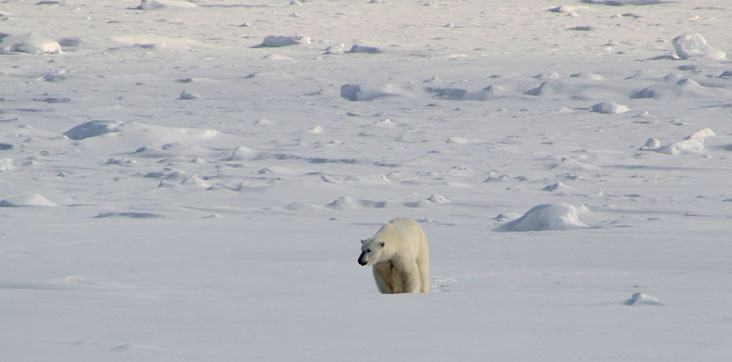 Icebear
IcebearEmissions & Pathways
How can we limit environmental contaminant? Which are the most important pathways?
Occurence and Fate
How are the studies done? Measurements have been conducted in e.g. snow and biotic samples as well as in the marine enviornment.
Human Exposure & Effects
How much pollutant one is exposed to, depend on factors such as - where we live and our habits. So how are the human in Arctic exposed?
What can we do?
When we know what climate change affect means for Arctic, we can prepare strategies for adaptation, and for the prevention of adverse health outcomes, related to climate-mediated changes.

